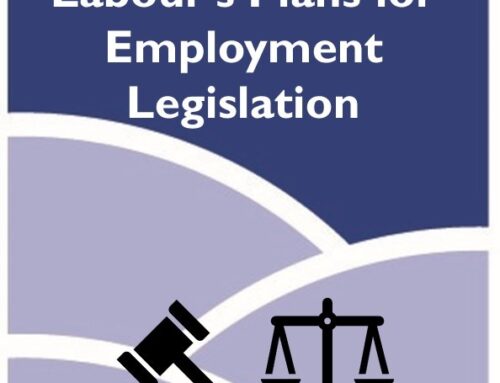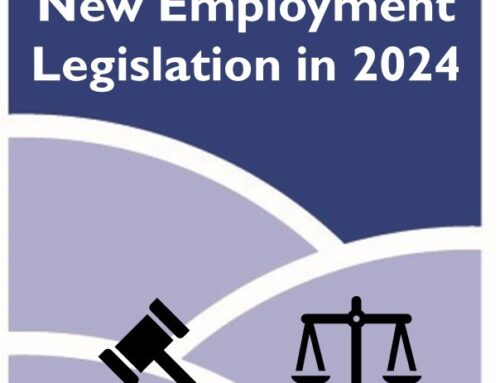An employee throws a punch at a colleague. It’s clearly gross misconduct, so you fire the employee.
Right or Wrong?
It’s a common misconception that you can dismiss someone “instantly” for gross misconduct. The correct term is actually “summarily” and means that you can dismiss without notice – but not instantly.
Whatever the circumstances and however much of a clear-cut case it may be, you should still carry out an investigation and follow the formal disciplinary procedure. In most cases, this will mean interviewing the culprit and asking them for their account of what has happened.
If you are concerned that they may be a danger to others or could hamper the investigation, you may decide to suspend them; however, you should consider carefully whether this is necessary. Bear in mind that suspension will be on full pay, so a good incentive to proceed promptly with the investigation.
You should also interview anyone who was a witness to the incident (including the victim). You should consider all accounts objectively, whether they support the allegations or not. You should also consider any mitigating circumstances – for example was the employee provoked? Was there any CCTV of the incident?
If the investigation supports the allegations of misconduct, you should arrange a formal disciplinary meeting. Ideally this should be chaired by someone other than the person who carried out the investigation. You need to give the employee at least 24 hours notice in writing, provide copies of the evidence (witness statements, CCTV footage etc) and allow them to be accompanied by a colleague or a trade union rep.
The disciplinary meeting should be approached with an open mind and the decision to take any disciplinary action should be taken at the end of the meeting, after you have listened to what the employee has to say. You may even decide to adjourn the meeting to consider your decision and then inform the employee later.
Whatever outcome you decide on, this should be confirmed in writing. If, indeed, you decide to dismiss the employee for gross misconduct, their employment will end at that point and no notice will be worked or paid.
When confirming the outcome of the disciplinary process, you should also advise the employee that they have the right to appeal. Again, any appeal should ideally be heard by someone who has not previously been involved in the situation.
It’s important to remember that every situation is different, which is why our advice is tailored to your specific circumstances. To find out how we can support you with your situation, give us a call or drop us a line: 01484 841776 or [email protected]




